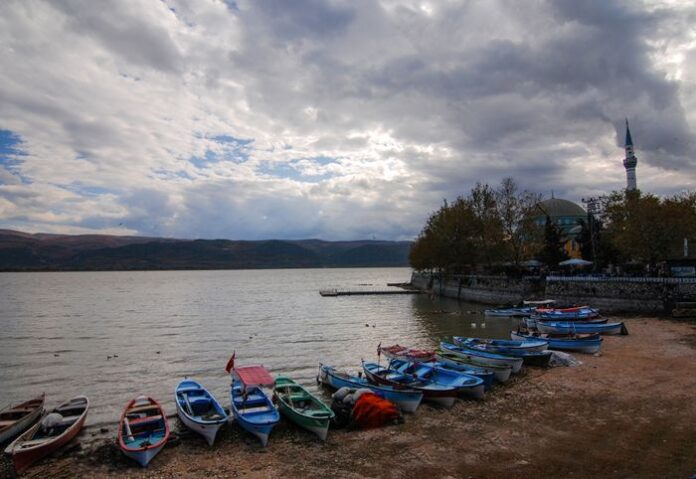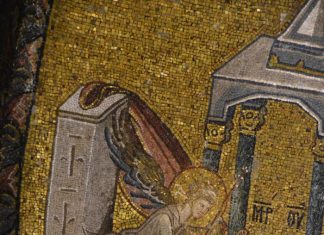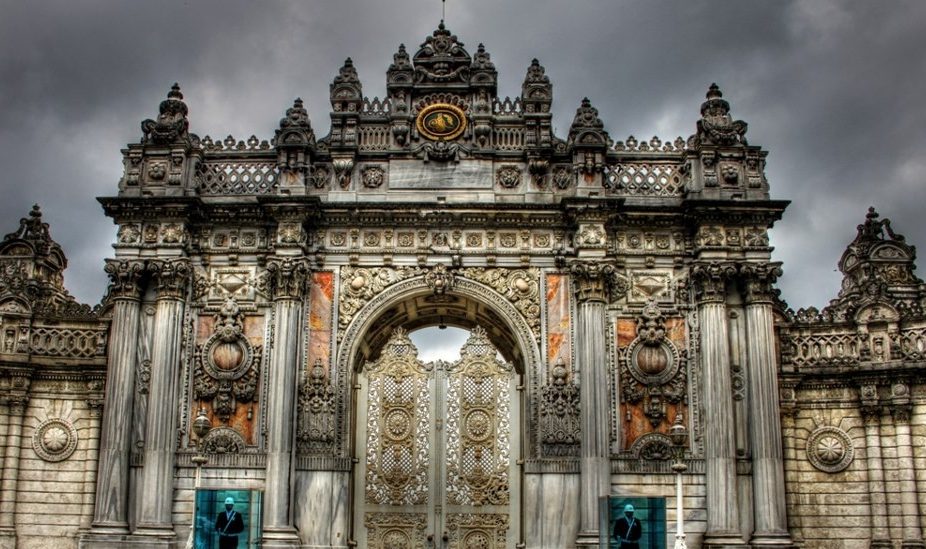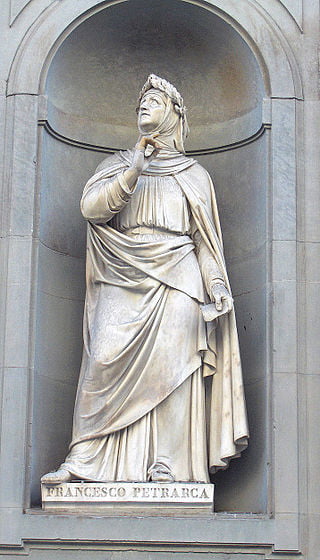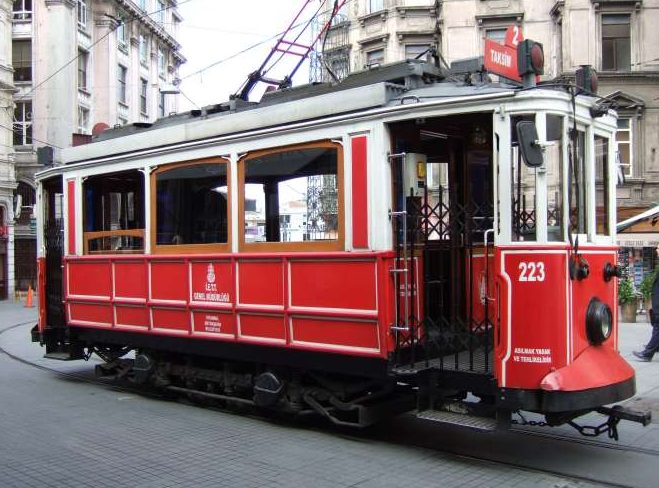The Turkish educational system is not completely bad, but it focuses mostly on religious instruction. Most of the schools aim to teach Islamic values and the Quran rather than a broad or modern education.
Primary and Religious Schools
The mektab, or primary schools, are found everywhere. They are attached to almost every mosque across the empire. These schools give every boy and girl in the city a chance to learn to read and write, and more importantly, to study the Quran. These schools form the base of the Turkish education system Press Censorship in the Ottoman Empire.
Limited Secondary Education
There are also ibtidaiyeh, or secondary schools, where students can learn geography, arithmetic, history, and modern languages. However, these are very limited in number. In all of Constantinople, which has a population of over one million, there are only twenty such schools. That means many children do not get the chance to continue their education after the primary level.
Colleges and Higher Education
The medreseh are colleges that focus on philosophy, logic, rhetoric, theology, and Turkish law. These colleges are considered the highest educational institutions operated by the Turkish government. They are similar to universities in other countries but mostly serve religious and legal training Customized Daily Sofia Tours.
In addition, the government supports:
Schools of law, Schools of medicine, Schools of mining and forestry, Art schools, Manual training institutes, Nine military and naval academies
Education in Minority Communities
The Greek, Armenian, and Jewish communities also run their own schools. These schools are connected to their churches or synagogues and are funded by private donations. Some of these schools offer a very high standard of education and have excellent libraries.
Protestant Girls’ College in Scutari
Across the Bosphorus, in Scutari (Üsküdar), there is a Protestant college for girls. This school has been running for over 25 years and usually has around 175 students. It provides a good education for young women and has trained many teachers.
These graduates belong to nine different nationalities and now work as teachers across the Turkish Empire and in nearby countries. The college is led by Miss Mary M. Patrick, the president, along with six American professors and fifteen other instructors.
Other Foreign Schools in Turkey
It’s important to understand that Americans are not the only ones helping with education in Turkey. Many foreign countries also support schools in the empire. For example:
The British , The Germans, The Swiss, The French, The Austrians
All of these nations have created schools that aim to educate local students, often with the help of charitable donations.
A Growing but Uneven System
While there are efforts to improve education, the system in Turkey remains limited and uneven, especially for non-religious subjects. However, the dedication of local communities and foreign missions is slowly expanding access to modern education across the empire.
